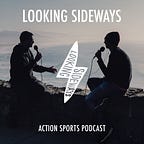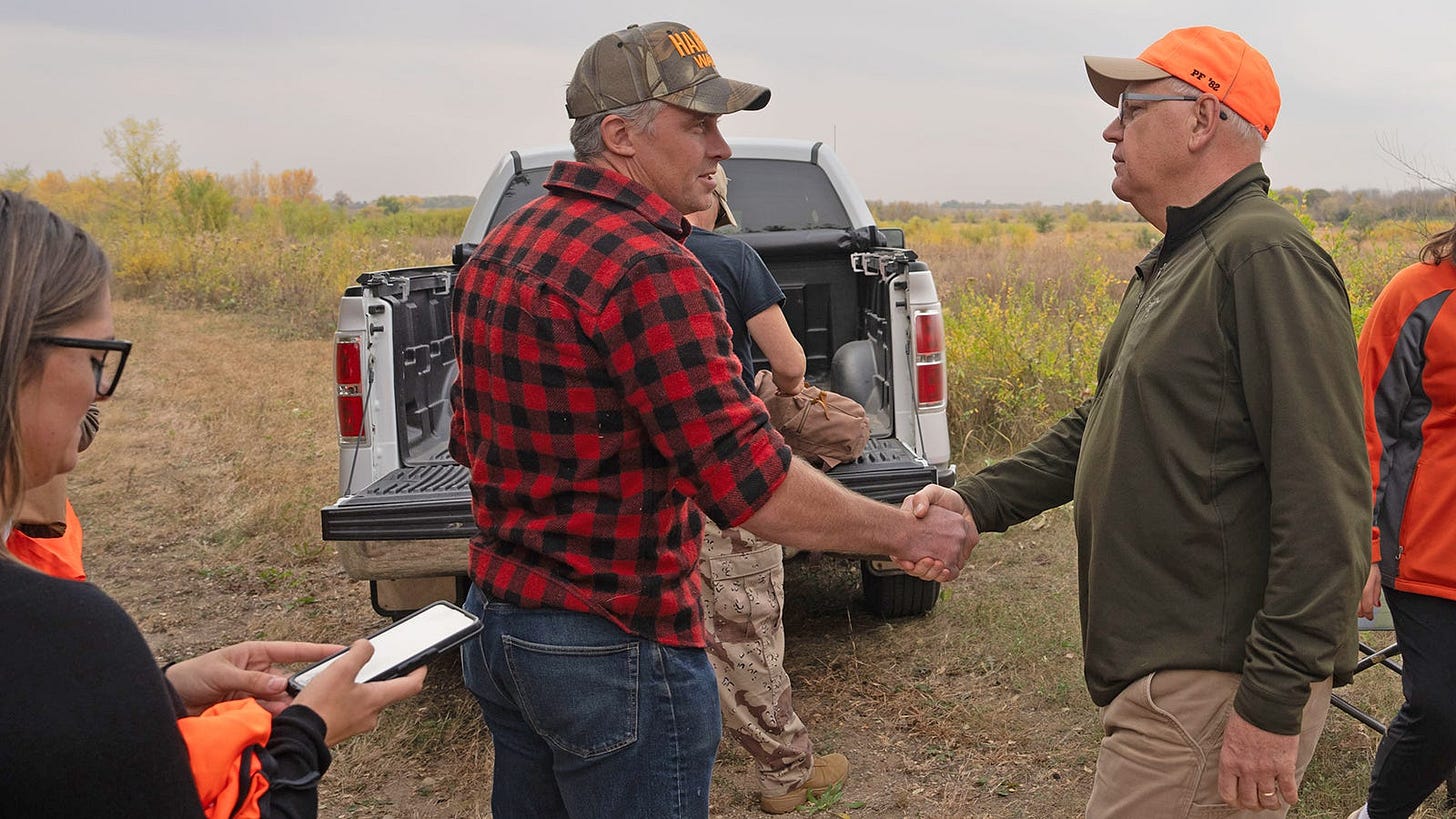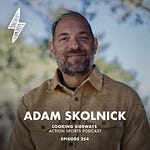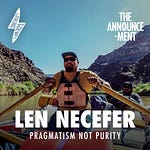As America's current democratic crisis has unfolded over the last few months, I’ve pondered an increasingly uncomfortable question: where is the meaningful opposition from our community as fundamental institutions and public lands face unprecedented assault?
How to account for the relative silence from community leaders, athletes, ambassadors, brands and media as democratic norms erode, judicial independence faces mounting threats, habeas corpus is openly threatened, corruption becomes increasingly brazen, and environmental protections are dismantled at alarming speed?
These musings led me to this week’s guest: Wes Siler, a Montana-based journalist who is one of the few people out there actually speaking truth to power, and whose work has become an increasingly vital source of methodical, forensic reporting when it comes to the current administration's systematic attack on America's public lands and outdoor heritage.
What distinguishes Wes from many of his peers in American outdoor media is his willingness to report on these issues with both uncompromising authority and controlled fury.
His background gives him unique insight into what's happening to public lands, while his journalistic approach represents a return to fundamental principles of fact-based reporting that feel increasingly rare.
I’ve started a Looking Sideways book store! Yep, inspired by the fellow book geekery of my Looking Sideways listeners and readers, I’m now listing my favourite books of the year (including Blood and Thunder, which me and Wes discuss in this episode) on the new LS bookshop here.
Buy anything from here and you’ll be supporting independent UK book stores (ie not paying for Jeff Bezos’ next rocket), as well as helping finance Looking Sideways (I get a 10% commission) in a really simple way. Big up reader Tim LeRoy for giving me this idea.
Related: want to discuss any of my selections, or share any of your own 2025 reads? Click here.
In today’s conversation, we discussed:
The specific threats facing America's public lands under the current administration.
Why traditional opposition forces have been largely ineffective in the face of these challenges.
How Wes's professional experience informs his understanding of this historical moment.
What meaningful resistance looks like, including his decision to run for office.
Why this period may be as consequential as the Civil War or Civil Rights era.
After listening, I'd welcome your thoughts on the role journalists, industry leaders, and citizens should play as democratic institutions face mounting pressure.
Is a return to rigorous reporting and civic engagement enough to meet this moment? Or are new approaches needed?















